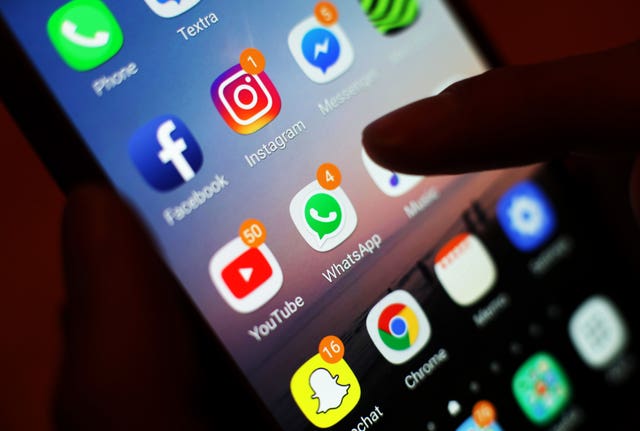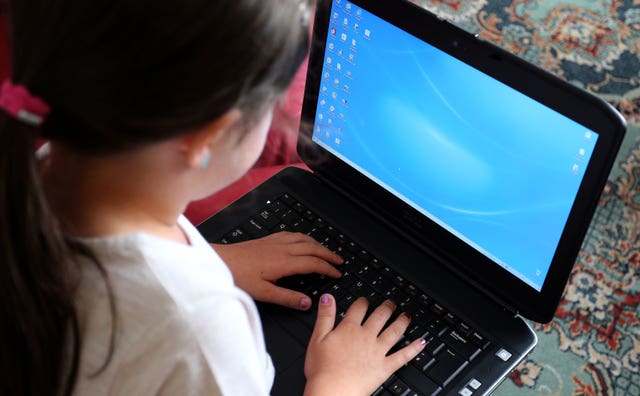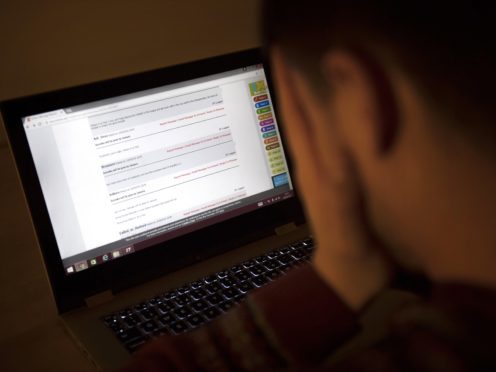The way social media impacts young people’s mental health needs to be better understood, according to new research by the Centre for Mental Health.
The charity has published a briefing paper which says there is evidence to show both positive and negative effects on mental health by using social media, but more research is needed if young people are to be helped “navigate the challenges of 21st-century life”.
The report comes in the wake of research by Ofcom and the Information Commissioner’s Office which found that 45% of UK adults had experienced some form of online harm.
The Centre for Mental Health paper said: “Evidence about the roles social media play in relation to our mental health is still emerging.

“And while more has been said and written about the potential risks and dangers, evidence has come to light on both positive and negative impacts that may be associated with social media use.”
The paper highlighted concerns around social media use such as addiction and cyberbullying, which have been linked to social network use in previous research.
Some platforms, including Facebook and Instagram, have moved to mitigate fears of addiction by introducing wellbeing tools that enable users to monitor and restrict their time on such platforms.
Public campaigns such as Scroll Free September have also been launched to encourage the public to use social media less.
But the charity also highlighted the role of social media in “creating and sustaining connections between people” and reducing loneliness as one positive impact on mental health, along with the boost in self-esteem that can come from presenting a positive version of ourselves to the world.

The report calls on government departments, social media companies and charities to work together to help mitigate the risks around social media.
“This may include changing the way social media platforms work, but also supporting schools and families to help children and young people to navigate social media safely and making greater use of the opportunities to promote good mental health and speedy help-seeking,” the charity said.
Chief executive Sarah Hughes added: “Social media use is fundamental to many of our lives today, and particularly those of young people.
“Public and political debate about social media and mental health has so far been polarised and often lacking in evidence.
“Blaming social media for mental health difficulties with many complex causes simply alienates the young people whose lives are being debated and social media companies who could do more to help young people to thrive.
“We need a new start that starts with the experiences of young people, that understands the context in which social media exist in young people’s lives and that seeks solutions which will make a difference.”
